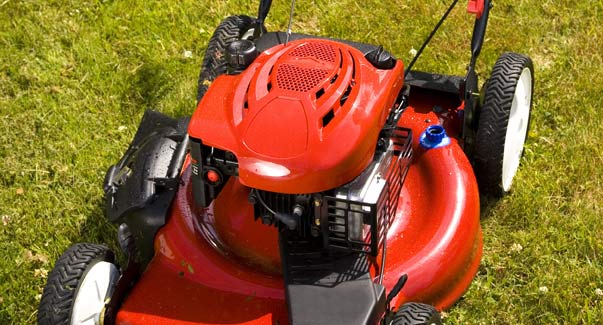Your cart is empty
Summer Lawn Hints
 It’s summer time and taking care of your lawn becomes an important part of your lawn’s life. I have found that the organic way is the only way to fully enjoy that lawn. You won’t have to worry about those dangerous pesticides, herbicides or synthetic fertilizers. By going organic, you are encouraging the beneficial macro- and micro-organisms that do so much to maintain the natural balance. To get your lawn in tip-top shape, you’ll have to take care of a few things, like controlling weeds, fertilizing and watering.
It’s summer time and taking care of your lawn becomes an important part of your lawn’s life. I have found that the organic way is the only way to fully enjoy that lawn. You won’t have to worry about those dangerous pesticides, herbicides or synthetic fertilizers. By going organic, you are encouraging the beneficial macro- and micro-organisms that do so much to maintain the natural balance. To get your lawn in tip-top shape, you’ll have to take care of a few things, like controlling weeds, fertilizing and watering.
Aeration:
You’ll have to aerate your lawn because compaction of the soil has likely reached such a degree that it will require additional oxygen to survive the warm summer months well. After aeration, you should top dress your lawn with a 3/8-inch layer of compost, which contains many disease-fighting organisms. By aerating and top dressing this time of year, you’ll be taking care of your lawn’s fertilizing needs as well.
Note: If you don’t own an aerator, you can rent one at most equipment rental locations.
Watering:
This is a critical element in creating and maintaining a great lawn. It will take anywhere from 1 to 3 inches of water per week, depending on a combination of three elements: wind, heat, and the amount of shade your lawn receives. As a general rule, I water my lawn every other day, and I water it only in the morning.
Note: You’ll need to use a screwdriver or probe to make certain that the water has penetrated at least 4 to 6 inches into the soil.
Mowing:
Depending on how hot it is, I mow off no more than one-third of the leaf blade, which might require mowing as often as every 3 or 4 days during the monsoon season. Make sure your blades are sharp and try to use one of the new mulching lawn mowers; this will reduce your fertilizing needs by at least one-third.
Fertilizing:
See the aerating and top dressing instructions above; do this at least twice each year.
Note: Start using a thatching mower, which will reduce the amount of debris going into our landfills and increase the fertility of your soil.
Try to stay as organic as possible by using products such as Milorganite, fish emulsion, blood meal and alfalfa meal. There are great Web sites like http://www.gardensalive.com/ that will give you great alternatives to synthetic fertilizers.

